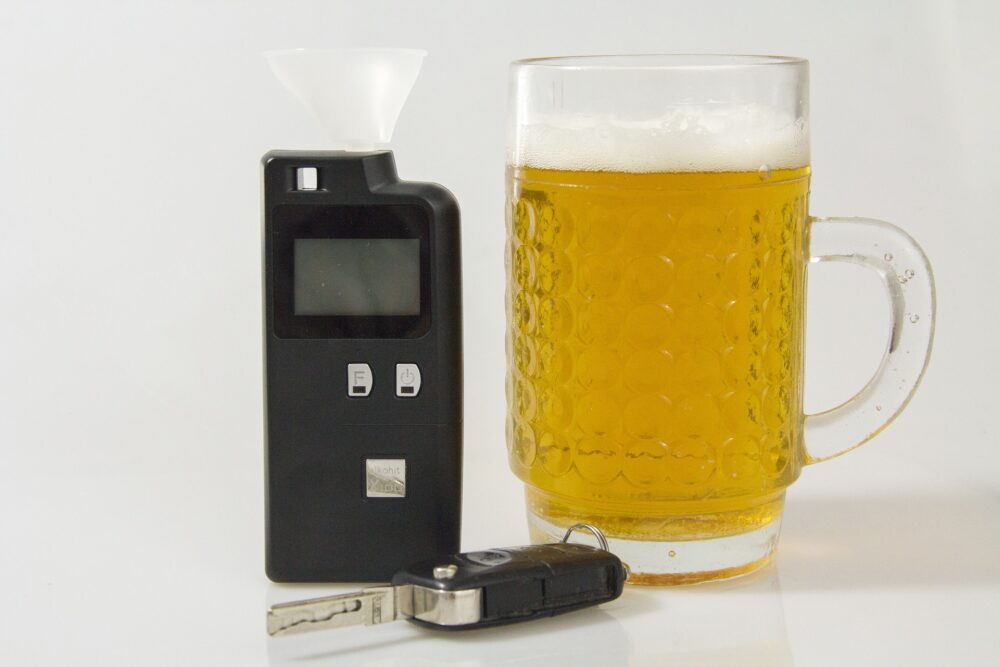
A DUI (Driving Under the Influence), also referred to as a DWI (Driving While Intoxicated), can result in a string of life-altering consequences. Along with potential property damage, serious injury, and sometimes even death, drunk drivers accumulate severe penalties that can stay with them for the rest of their lives. Driving under the influence of drugs or alcohol is a serious crime in New York. A first-offense DUI is considered a misdemeanor. A second DUI offense could be charged as either a misdemeanor or a felony. Either way, these convictions will mar your record for the duration of your life. Whether it is your first offense or not, every DUI case is going to be taken incredibly seriously. If you need representation, contact a New City DWI defense lawyer to discuss and evaluate the details of your case.
Because DUIs are considered priorable offenses, a second conviction will have more stringent repercussions. To be considered a second offense, your second arrest will have to occur within 10 years of the date of your first arrest.
There are many factors that a New York court is going to consider when determining the penalties of a DUI. The penalties you may receive will generally include:
How long your sentence will last depends on the specific details of your case. It is impossible to guess how a court will rule in a DUI case without knowing the individual circumstances. Factors to consider when estimating the duration of a DUI charge include:
© 2024 The Law Office of Kevin T. Conway. All rights reserved.